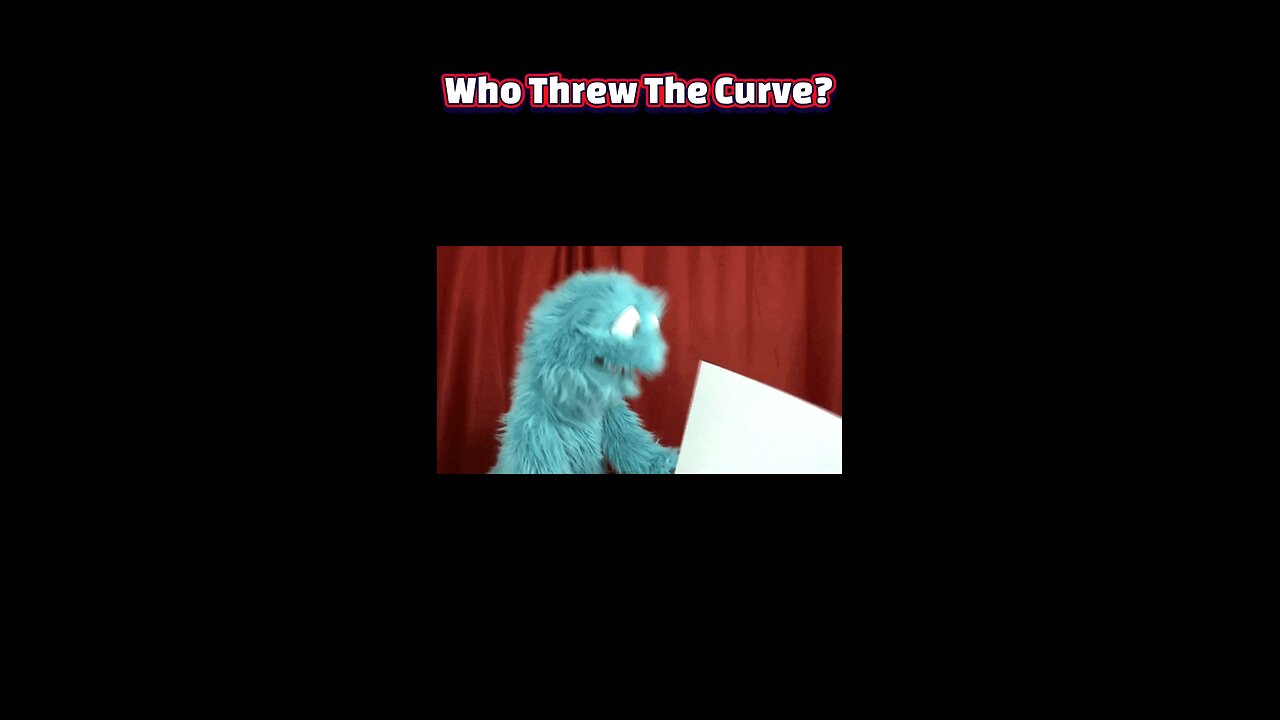Premium Only Content

Before the Lie: Why We Trick Ourselves Then Everyone Else
#SelfDeception #CognitiveDissonance #TruthBomb #Authenticity #MindGames #RealTalk #Psychology #new #newvideo #fyp
Here’s something unsettling: people don’t lie to you first. They lie to themselves, then gift you the polished falsehood ready for consumption.
Self-deception is the opening act. We bend facts to soothe our fragile egos, rewriting regrets and excusing missteps before we ever speak.
Once we’ve convinced ourselves, we need an audience. Rehearsed lies slip into conversation as the final layer of the illusion we’ve built.
This isn’t always cruelty. It’s a survival mechanism: cognitive dissonance feels like poison, so we craft narratives to numb its sting.
Those narratives leak into relationships. When someone’s story clashes with your reality, the lie lands squarely on your lap.
Catching the falsehood stings. But the true betrayal happened earlier, when they lied to themselves in the dark corners of their mind.
Seeing this flips the script. The real target wasn’t you, but their own discomfort with truth.
That perspective breeds compassion. You start treating deception as a symptom, not a weapon.
Still, boundaries matter. Empathy doesn’t mean tolerating falsehoods. You can hold space for self-deception without letting it warp your reality.
Ask questions, not accusations: help them unpack why they chose their story. Sometimes a mirror is all it takes to shatter the illusion.
Ultimately, self-honesty is the antidote. Before someone can lie to the world, they must first face the world inside their head.
So next time you’re on the receiving end of a lie, pause. The real fix isn’t in catching the liar, it’s in helping them stop lying to themselves.
-
 LIVE
LIVE
SpartakusLIVE
49 minutes ago#1 Solo Savant stream DEEP into the night || PUBG Later Tonight?!
135 watching -
 LIVE
LIVE
GritsGG
8 hours agoQuads Win Streak Record Attempt 28/71 ! Top 70! Most Wins in WORLD! 3744+!
392 watching -
 LIVE
LIVE
Lofi Girl
2 years agoSynthwave Radio 🌌 - beats to chill/game to
144 watching -
 LIVE
LIVE
LumpyPotatoX2
24 minutes agoSunday Vibes on Battlefield - #RumbleGaming
42 watching -
 1:08:34
1:08:34
Jeff Ahern
5 hours ago $12.94 earnedThe Sunday Show with Jeff Ahern
29.8K7 -
 LIVE
LIVE
FusedAegisTV
1 day agoλ Black Mesa λ (Half Life 1 Remake) █ Western Retread
60 watching -
 LIVE
LIVE
FrizzleMcDizzle
1 hour agoHorrors you can't even fathom - Silent Hill f
19 watching -
 4:41
4:41
Sean Unpaved
5 hours agoNFL Week 8 Eye Openers
23.6K4 -
 LIVE
LIVE
Rance's Gaming Corner
3 hours agoBorderlands 4: Chaos, Loot, Repeat
60 watching -
 LIVE
LIVE
GamerGril
4 hours agoZombie Of Dreams 💞Dying Light: The Beast💞
102 watching